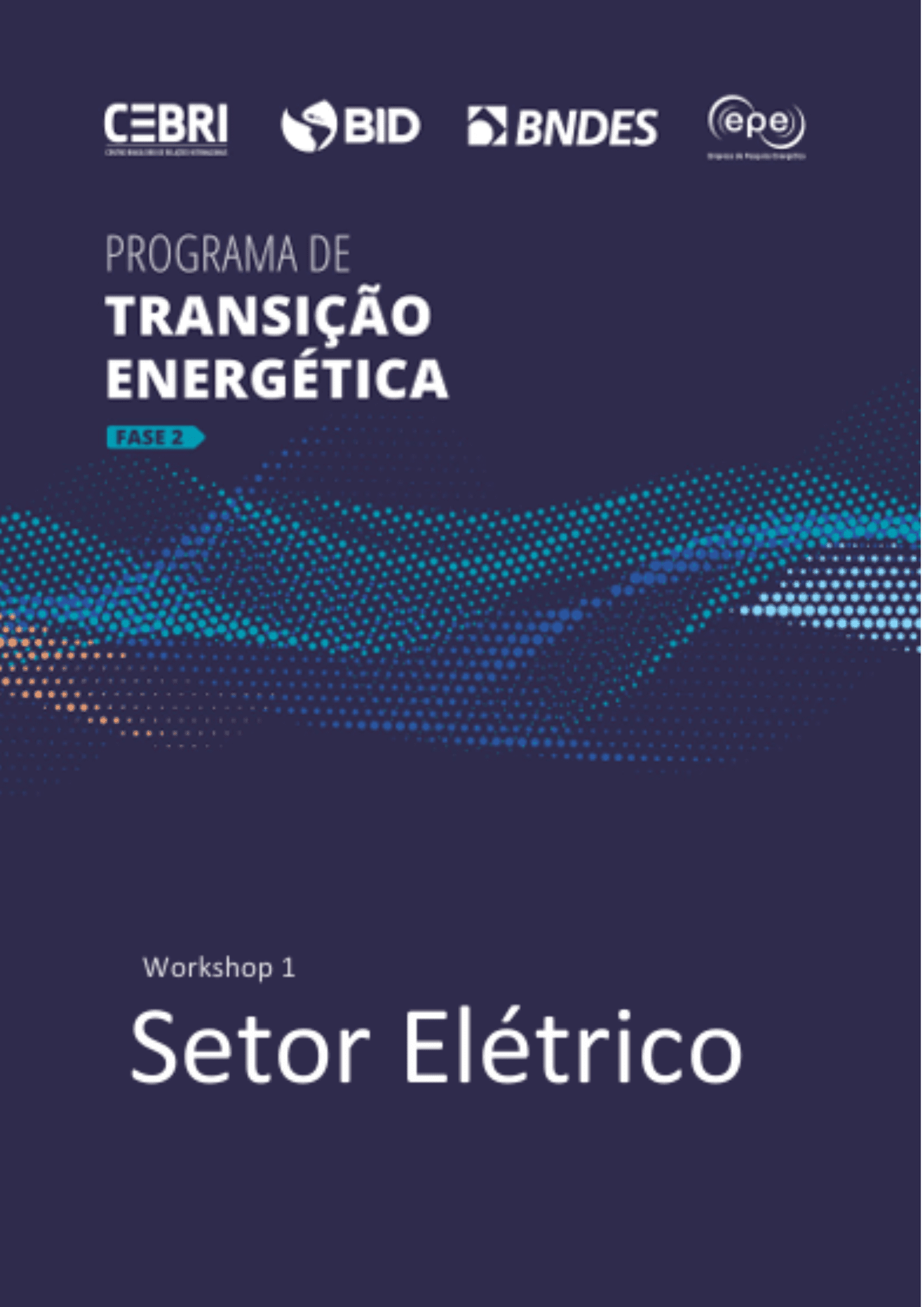The effects of climate change can be observed all over the planet. In Brazil, the floods that affected Rio Grande do Sul and the forest fires are recent examples that reinforce global concern for the future of the planet. To improve the well-being of the population, it is essential to mitigate these effects, which has been the focus of the global debate on a fair and inclusive energy transition. However, even though Brazil stands out with a 90% renewable energy matrix available to almost its entire population, the country faces a significant challenge ahead: energy poverty. In general terms, the electricity bill does not fit within the budgets of Brazilians, a scenario that reflects the impoverishment of families and energy theft. Currently, there exists a paradox: relatively low energy production costs and disproportionately high tariffs.
In this context and with Brazil's presidency of the G20, the policy paper “Energy Poverty: negative effects of tariff subsidies,” developed in partnership between the Brazilian Center for International Relations (CEBRI), Light, Abradee, and PSR, analyzes energy poverty as a complex challenge in sustainable development and the role of subsidies in promoting access to energy. Although the UN Sustainable Development Goal (SDG) 7 seeks to ensure access to affordable, reliable, sustainable, and modern energy for all by 2030, around 745 million people still lack electricity today, according to the International Energy Agency (IEA). However, measuring only access to electricity does not capture the full scope of energy poverty, a condition that becomes more severe at the present time, as electric energy increasingly integrates into the daily experiences of the population.
This publication analyzes international experiences related to energy poverty and subsidy policies, presenting case studies from countries such as Brazil, Colombia, India, and Nigeria. In Brazil, the focus is on the experience of Light Serviços de Eletricidade, the main energy distributor in Rio de Janeiro, which has implemented various efforts to address energy poverty and manage the detrimental issue of energy theft in its concession. In the case of Colombia, the analysis involves innovative policies aimed at improving access and energy efficiency. The case study from India examines large-scale programs to enhance these objectives, contributing to overall development and poverty reduction, while Nigeria faces significant challenges related to infrastructure and accessibility.
The effects of climate change can be observed all over the planet. In Brazil, the floods that affected Rio Grande do Sul and the forest fires are recent examples that reinforce global concern for the future of the planet. To improve the well-being of the population, it is essential to mitigate these effects, which has been the focus of the global debate on a fair and inclusive energy transition. However, even though Brazil stands out with a 90% renewable energy matrix available to almost its entire population, the country faces a significant challenge ahead: energy poverty. In general terms, the electricity bill does not fit within the budgets of Brazilians, a scenario that reflects the impoverishment of families and energy theft. Currently, there exists a paradox: relatively low energy production costs and disproportionately high tariffs.
In this context and with Brazil's presidency of the G20, the policy paper “Energy Poverty: negative effects of tariff subsidies,” developed in partnership between the Brazilian Center for International Relations (CEBRI), Light, Abradee, and PSR, analyzes energy poverty as a complex challenge in sustainable development and the role of subsidies in promoting access to energy. Although the UN Sustainable Development Goal (SDG) 7 seeks to ensure access to affordable, reliable, sustainable, and modern energy for all by 2030, around 745 million people still lack electricity today, according to the International Energy Agency (IEA). However, measuring only access to electricity does not capture the full scope of energy poverty, a condition that becomes more severe at the present time, as electric energy increasingly integrates into the daily experiences of the population.
This publication analyzes international experiences related to energy poverty and subsidy policies, presenting case studies from countries such as Brazil, Colombia, India, and Nigeria. In Brazil, the focus is on the experience of Light Serviços de Eletricidade, the main energy distributor in Rio de Janeiro, which has implemented various efforts to address energy poverty and manage the detrimental issue of energy theft in its concession. In the case of Colombia, the analysis involves innovative policies aimed at improving access and energy efficiency. The case study from India examines large-scale programs to enhance these objectives, contributing to overall development and poverty reduction, while Nigeria faces significant challenges related to infrastructure and accessibility.
_(1)66f2c5a3aff01.png)


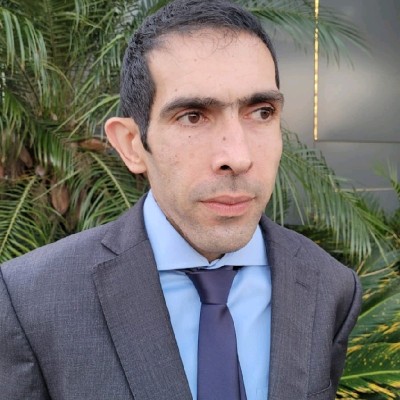
66f2c73be1e02.png)
.png)






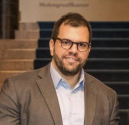






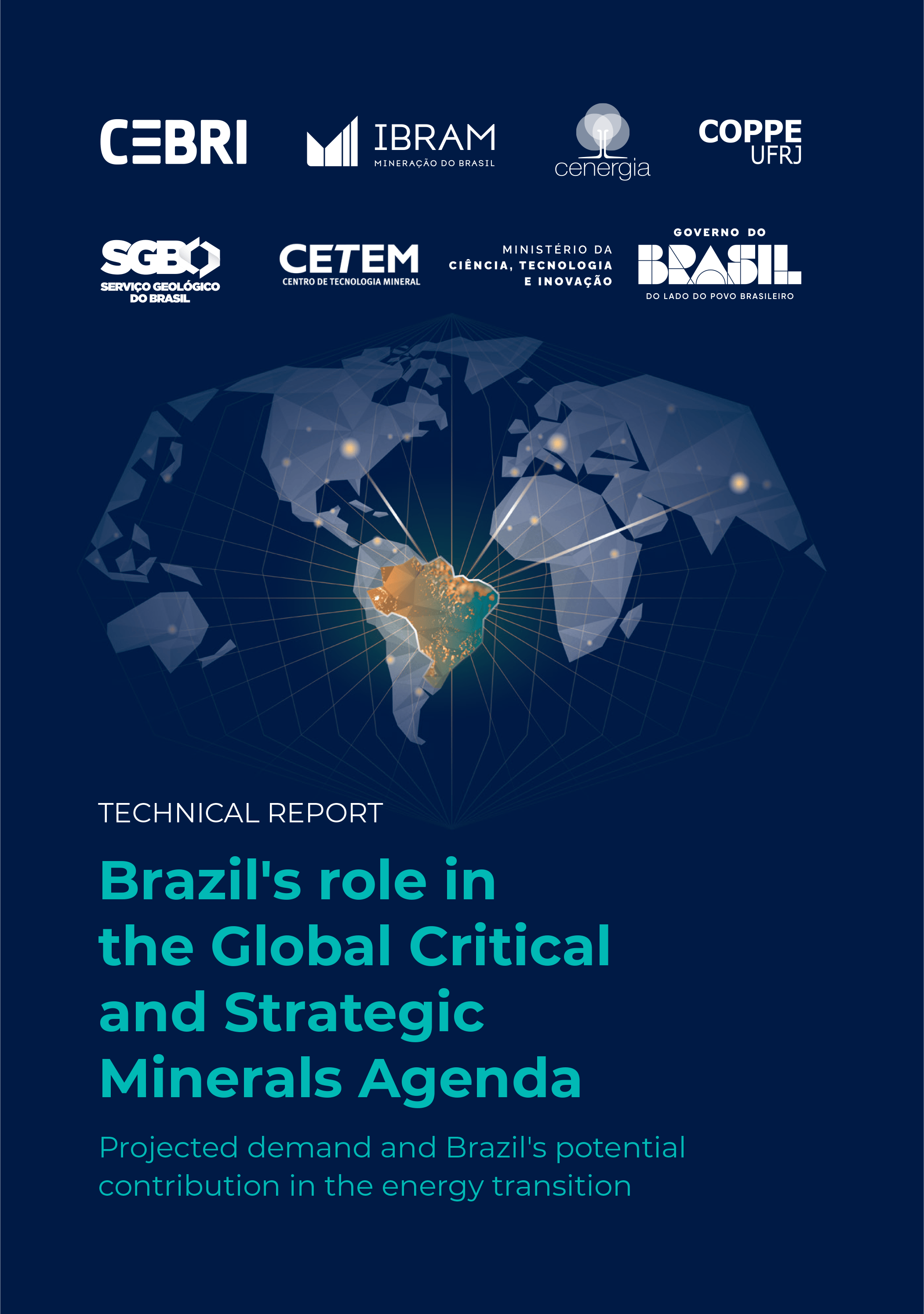
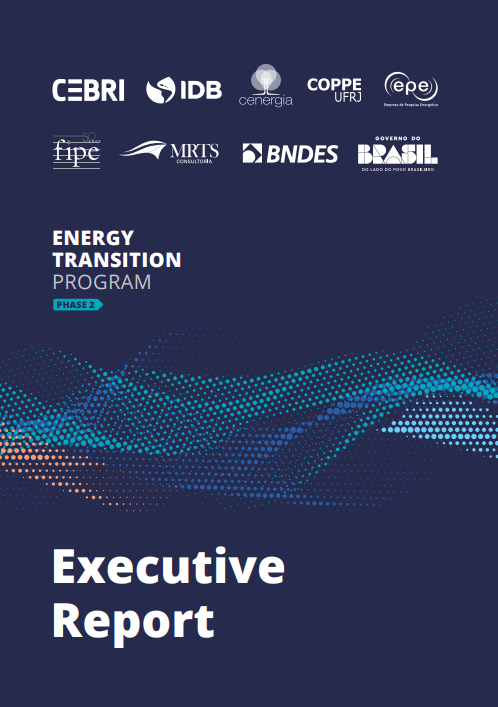
68a7084b9e103.jpg)
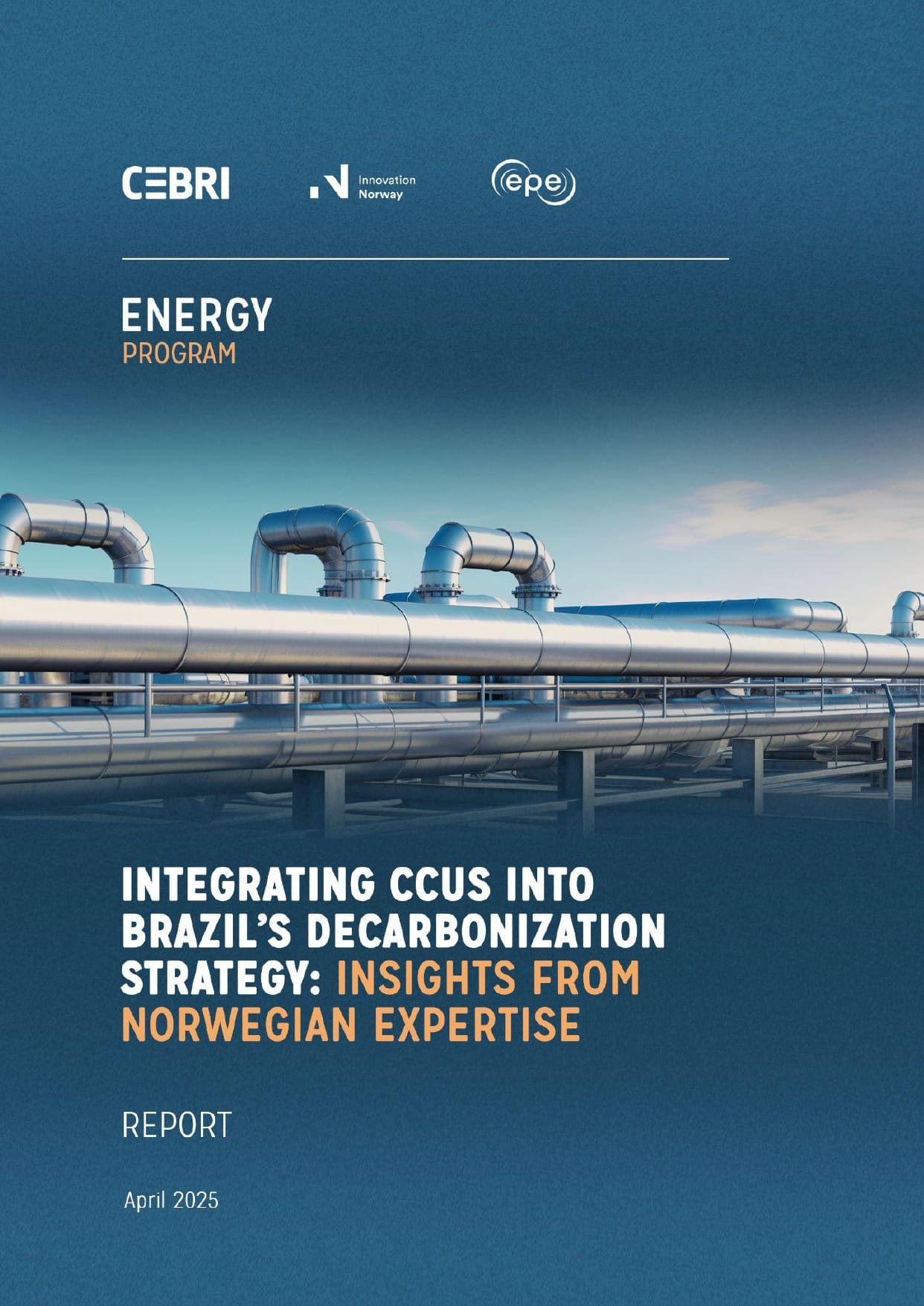
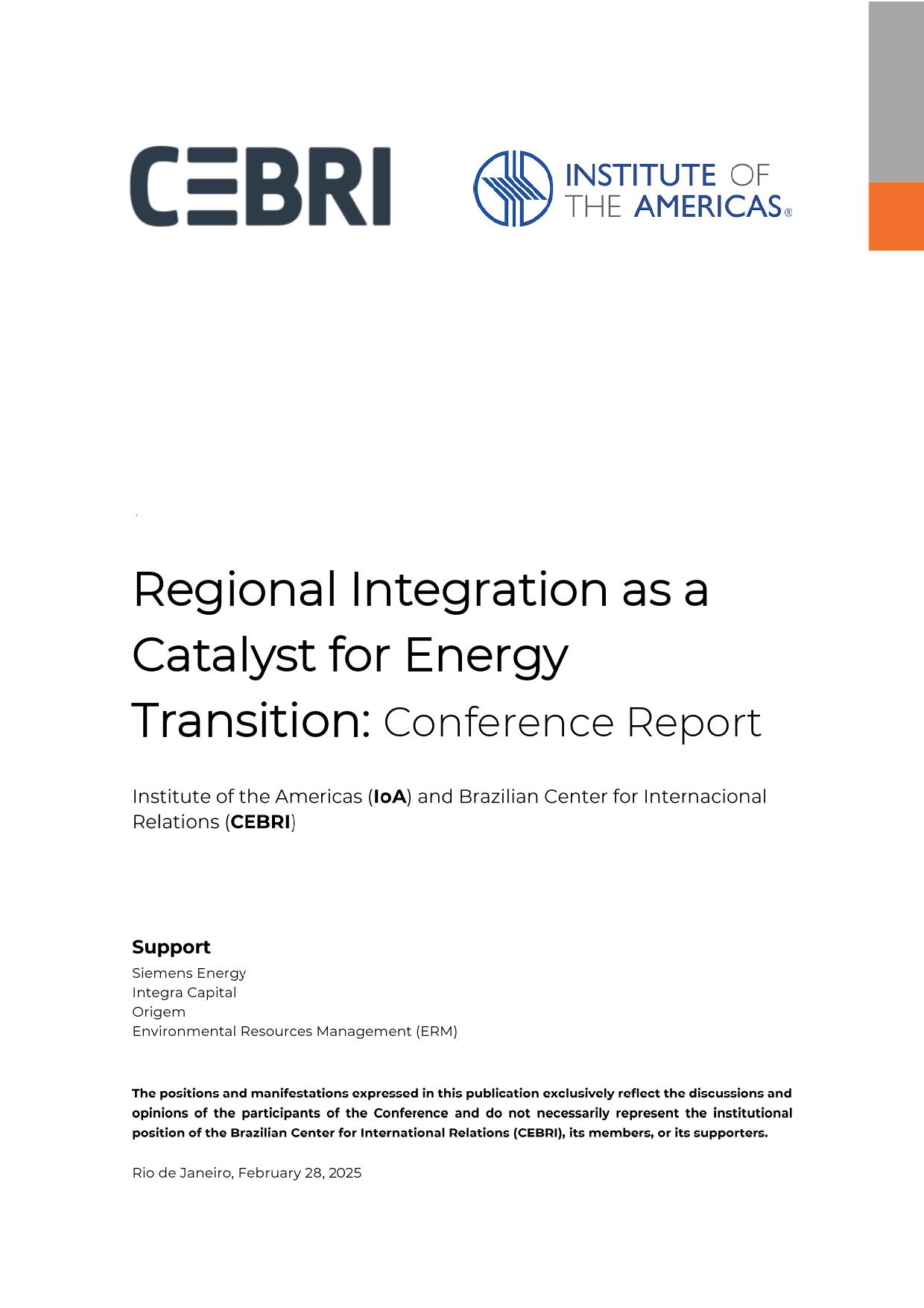
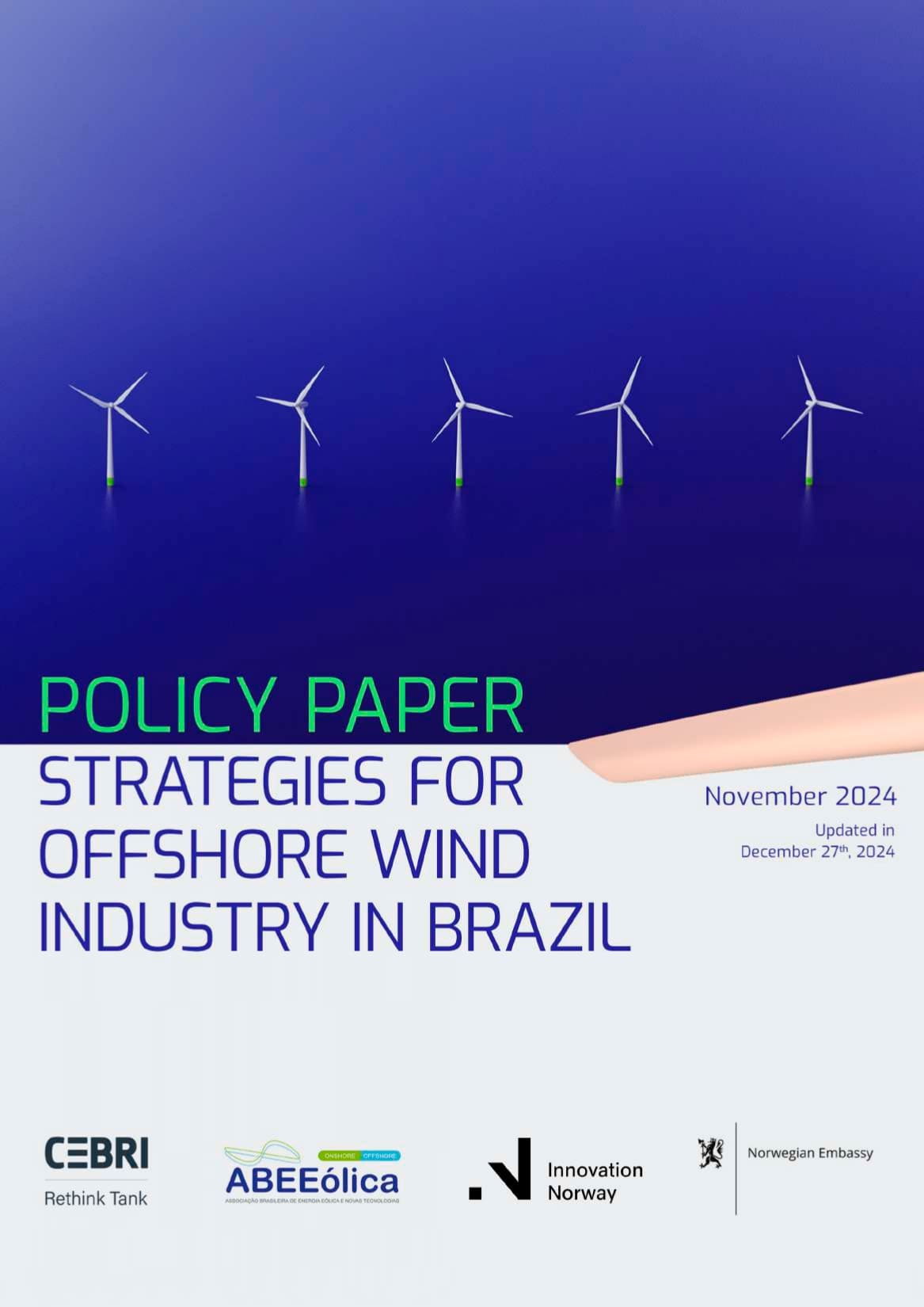
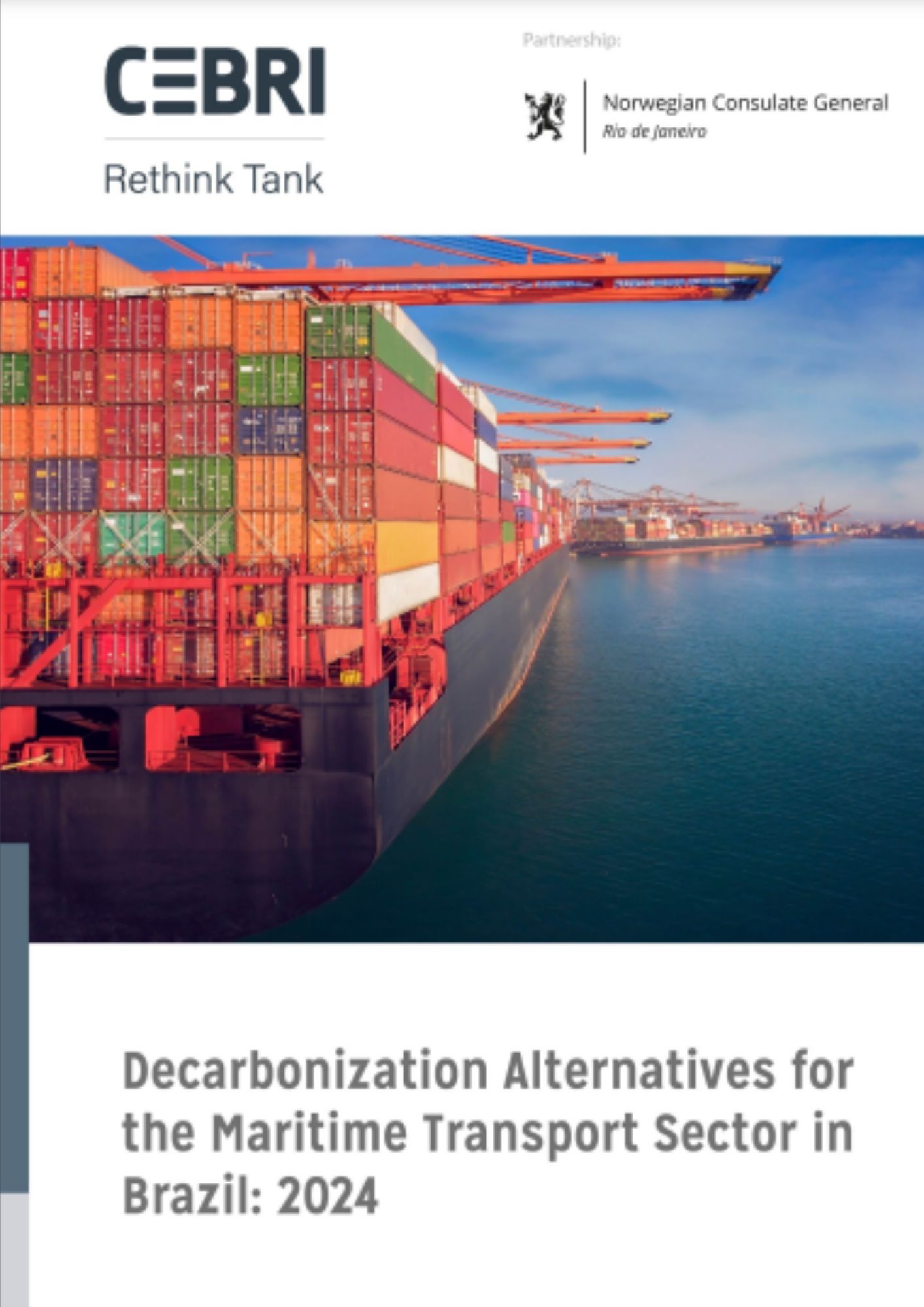
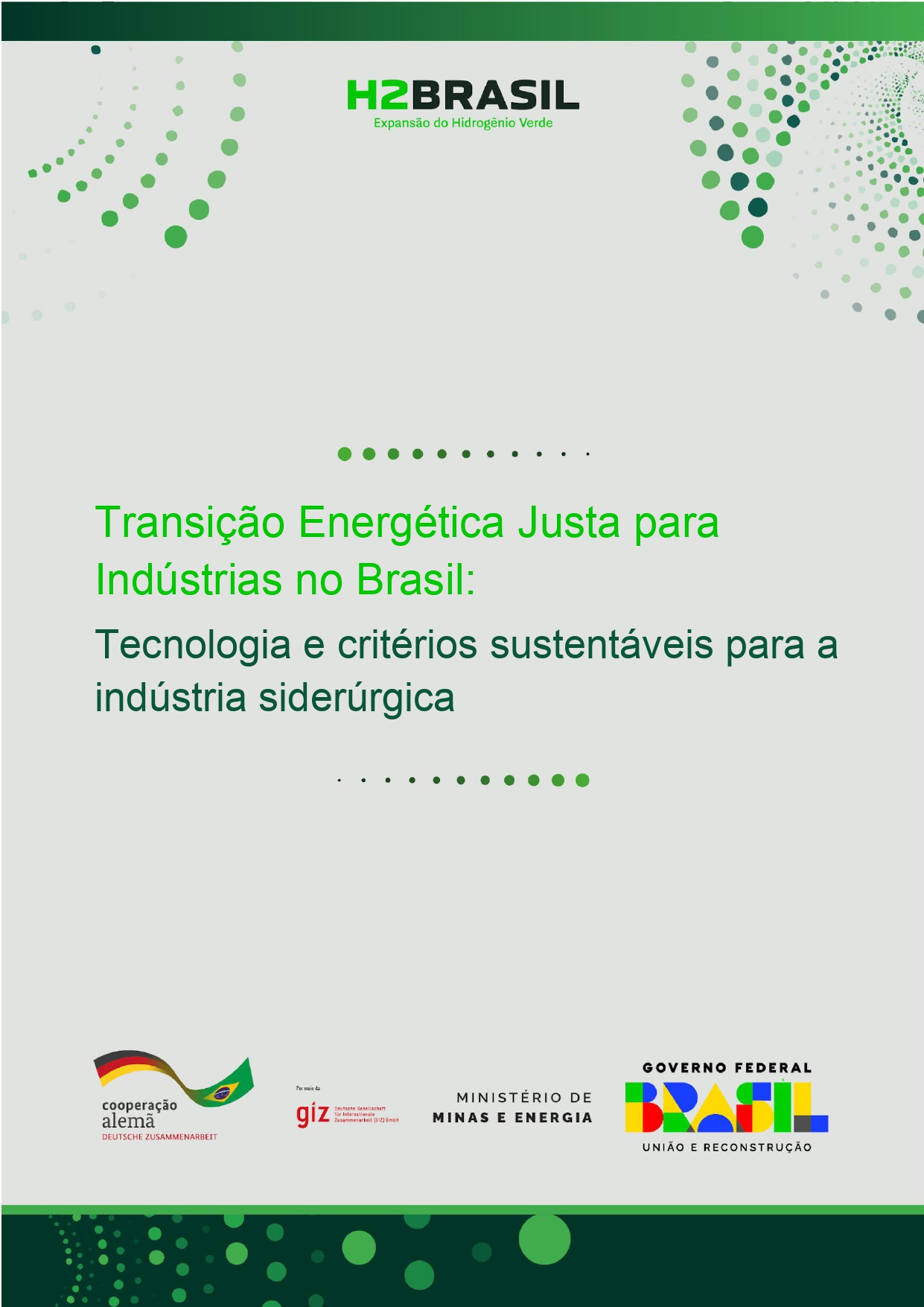
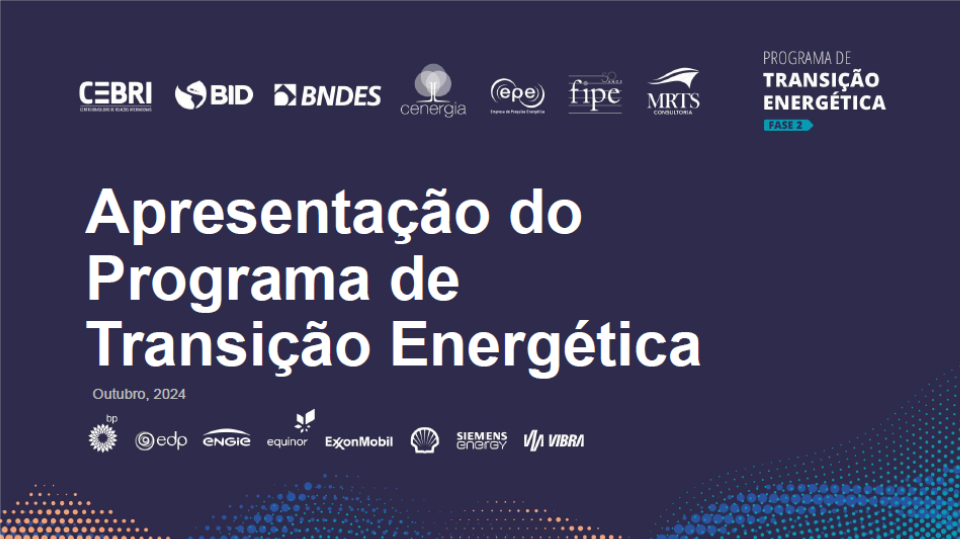
666b555faa3ff.png)
666b553310fe3.png)
